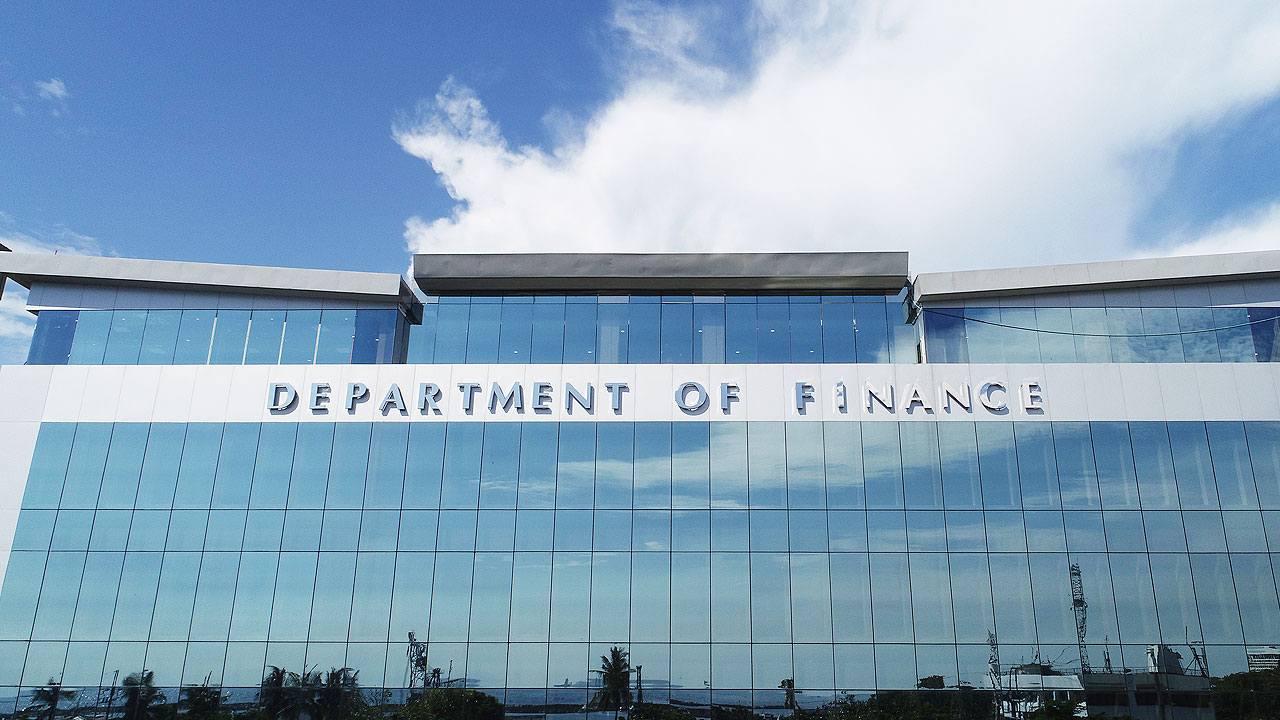
THE GOVERNMENT could raise borrowing and other taxes to offset billions in foregone revenue should it decide to reduce value-added tax (VAT) to 10% from the current 12%, Metropolitan Bank & Trust Co. (Metrobank) said.
“One thing is clear: reducing the VAT rate would result in a substantial loss of government revenue,” Metrobank said in a commentary attributed to Marian Monette Q. Florendo, a research and business analytics officer, and James Nathan Ang of the bank’s research and market strategy departments.
Any resulting hike in borrowing or taxes could outweigh the expected benefits of lowering VAT.
Last month, Batangas Rep. Leandro Antonio L. Leviste filed House Bill (HB) No. 4302 seeking to reduce VAT to 10% from 12% to make the country’s tax system more “progressive.”
According to the measure, however, the government may opt to return the VAT rate to 12% for a year if the projected deficit is expected to surpass the programmed deficit.
The Department of Finance, which has said that it does not support new taxes, warned that HB No. 4302, if signed into law, could lead to foregone revenue averaging P330 billion annually, which is equivalent to 1% of gross domestic product (GDP).
The Bureau of Internal Revenue posted VAT collections of P467.04 billion by the end of July, below its P473.41-billion target but 9.17% higher than its year-earlier total.
VAT is imposed on the sale, barter, exchange or lease of goods or property and services and on imported goods.
Metrobank’s Ms. Florendo and Mr. Ang cited three potential scenarios in the event of a VAT reduction, including “the government (offsetting) the revenue loss through increased borrowing.”
At the end of June, the debt-to-GDP ratio was 63.1%, the highest since 2005 and a ratio that Metrobank said “provides limited space for further debt accumulation.”
The Metrobank analysts also noted that the measure could prompt the National Government to increase its levies on other goods and services.
“The second is that the government will seek alternative sources of revenue to offset the losses,” they said. “This could involve raising taxes on specific goods or services, which may, in turn, lead to higher prices on these items, potentially undermining the intended relief from the VAT reduction.”
They added that it could boost household consumption if businesses lower their prices to reflect the reduced VAT.
Household final consumption grew 5.5% in the second quarter, outpacing the 4.8% from a year earlier.
“With more disposable income, consumers might spend more on goods and services, which in turn could expand the overall tax base. While this may not fully cover the shortfall, it could soften the revenue impact by boosting economic activity,” Ms. Florendo and Mr. Ang said.
“The challenge, however, is that the scale of this effect would depend heavily on consumer response and whether businesses pass on the tax savings to their customers,” they added.
Metrobank said the government’s analysis of the potential impact of a VAT adjustment and other tax measures must be data-driven to show potential benefits to economic competitiveness while demonstrating fiscal prudence. — Katherine K. Chan